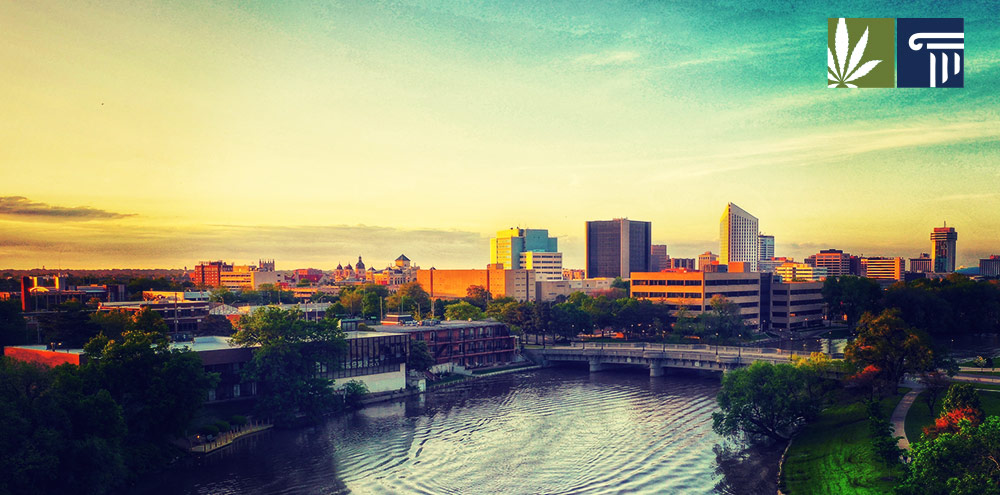A new poll found Kansas resident are in favor of adult-use marijuana legalization by a margin of three to one.
The latest findings of the annual Kansas Speaks survey, carried out by the Docking Institute of Public Affairs at Fort Hays University, puts support for the measure in Kansas at 66.9 percent while 22.2 percent are opposed and 10.9 percent are undecided. This means support for legalizing recreational cannabis has jumped four percentage points since last year while opposition has fallen by the same amount.
The poll comprised interviews with 417 registered Kansas voters between September 21 and October 1, and the question of marijuana legalization was posed in the context of taxation and regulation along the same lines as tobacco and alcohol.
“There are other ways to increase the state of Kansas’s revenue that would not include raising traditional taxes. Do you ‘Strongly Support’, ‘Somewhat Support’, ‘are Neutral’, ‘Somewhat Oppose’, or ‘Strongly Oppose’ the following alternative revenue sources,” it states, with marijuana legalization listed alongside increased taxes on alcohol and cigarettes. While a majority of respondents support increased taxes on cigarettes and alcohol, marijuana legalization was the most popular option.
Unlike other red states like Montana, Mississippi and South Dakota, Kansas did not hold a ballot vote on marijuana legalization at this year’s elections but a medical cannabis bill was filed this year that did not make it out of committee. The proposed legislation would have permitted legal access to marijuana for a disability or illness that “limits the ability of the individual to conduct one or more major life activities” or “may cause serious harm to the individual’s safety or physical or mental health.”
Gov. Laura Kelly (D) supports medical marijuana and hoped lawmakers would pass the measure at the outset of the Covid-19 pandemic. Not only did that not happen, but around that time a House committee rejected a bill to treat low-level marijuana possession offenses as misdemeanors no matter how many times an individual is apprehended.
“I think that it [medical marijuana legislation] probably would pass the legislature,” Kelly said in April, adding, “I think the issue of recreational marijuana is still not on the table.”
If a bill to legalize recreational cannabis ended up on her desk, however, she said she would be minded to sign it into law.
“This is something where what the people want is probably more what I will want on something like that,” Kelly said. “I don’t have a personal ideology regarding it. If the folks want it and the legislature passes it, would I sign it? Probably.” Other than Nebraska, Kansas’s neighbors have enacted some form of marijuana legalization. Nebraska was set to hold a vote to legalize medical cannabis at this year’s ballot but it was subject to a legal challenge and the state’s Supreme Court ruled in favor of the plaintiff.






